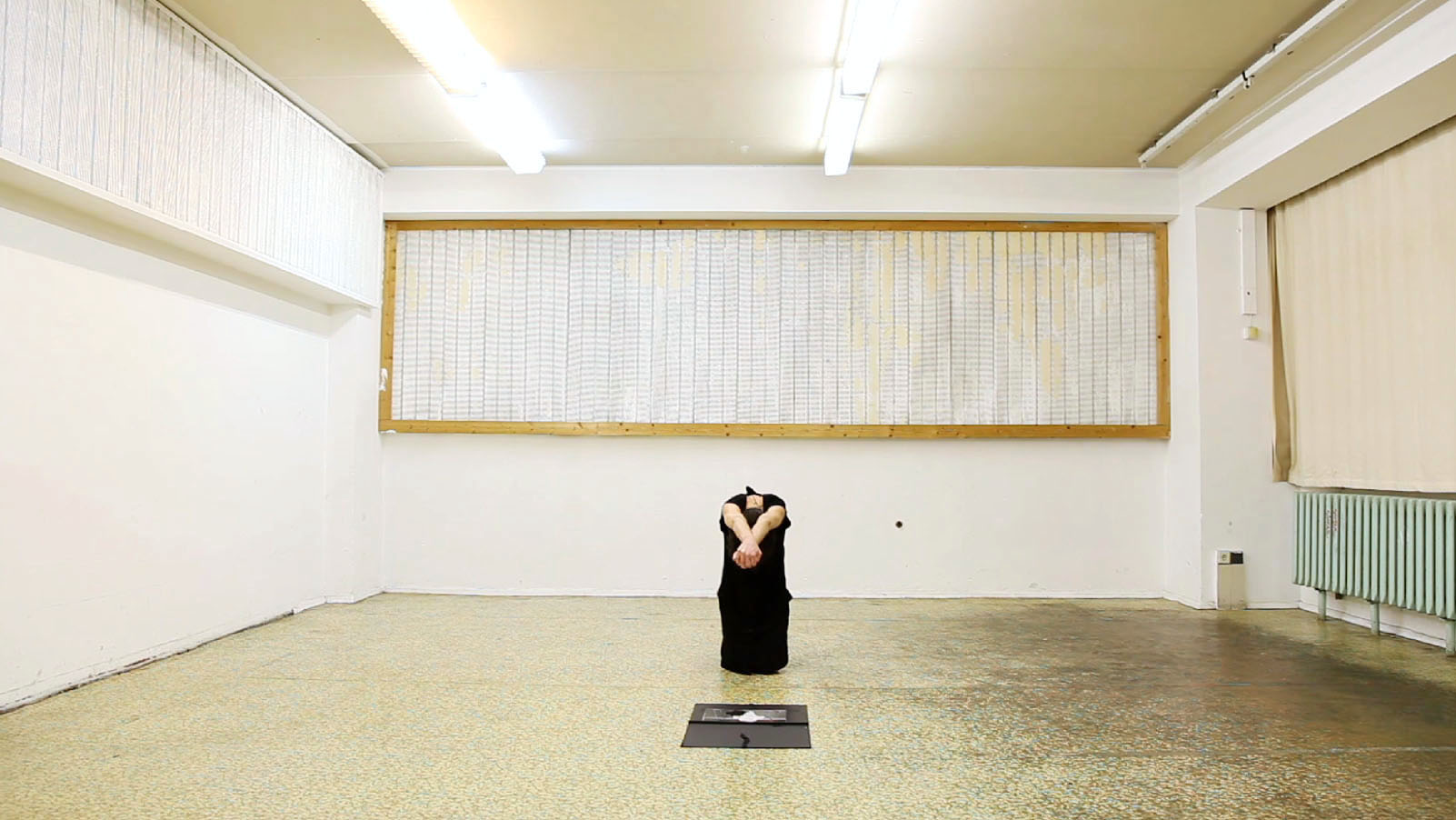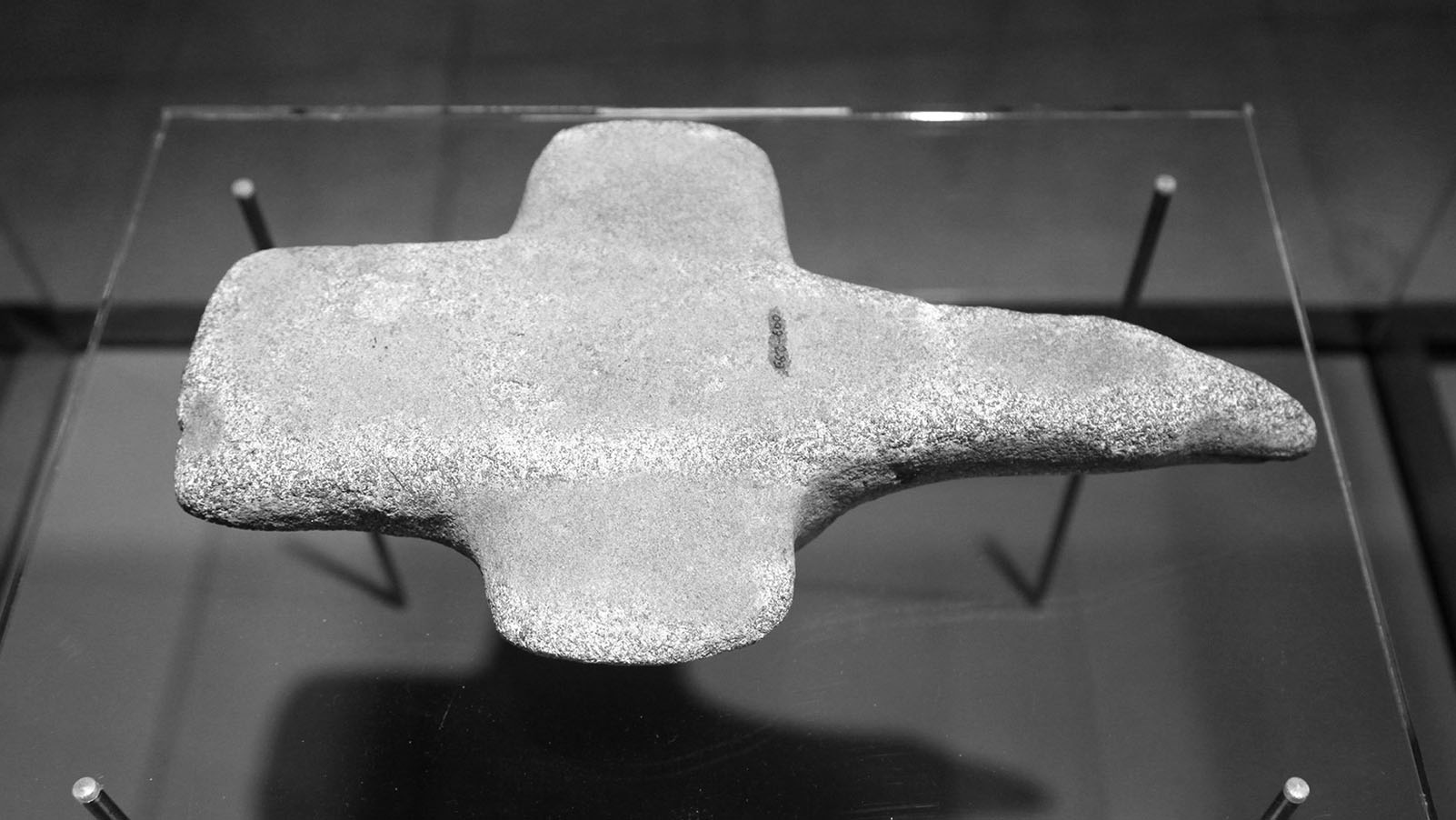Sculpture Lessons – Zooliths
How can we perceive the thought in our bodies? Is it possible to transpose an image into a movement?
How could an image be translated into a minimal gesture (even before the action)?
How come an image could reverberate in the dancer’s body?
A series of photographs depicting the Zooliths is presented to a dancer for the first time. She was asked to perform a series of movements to transpose these images into physical actions.
Sculpture Lessons: Zooliths Video 13:10 min. 2016 Performance by Marcela Reichelt
Zooliths are archeological objects dating from approximately 5500 B.C., usually found on the southern Brazilian coast. When Zooliths are displaced from their original archeological artifacts, they can be seen as sculptures with modern characteristics.
In Sculpture Lessons: Zooliths, a video register the dancer Marcela Reichelt reacting after seeing the photographs of Zooliths sculptures taken by Marina Camargo. Her gestures clarify the different natures of representation, pushing the boundaries between image and motion, sculpture, and moving image.
Photograph and video: Marina Camargo
Special thanks to the dancer and performer Marcela Reichelt.

